The problem with AirTag's safety features
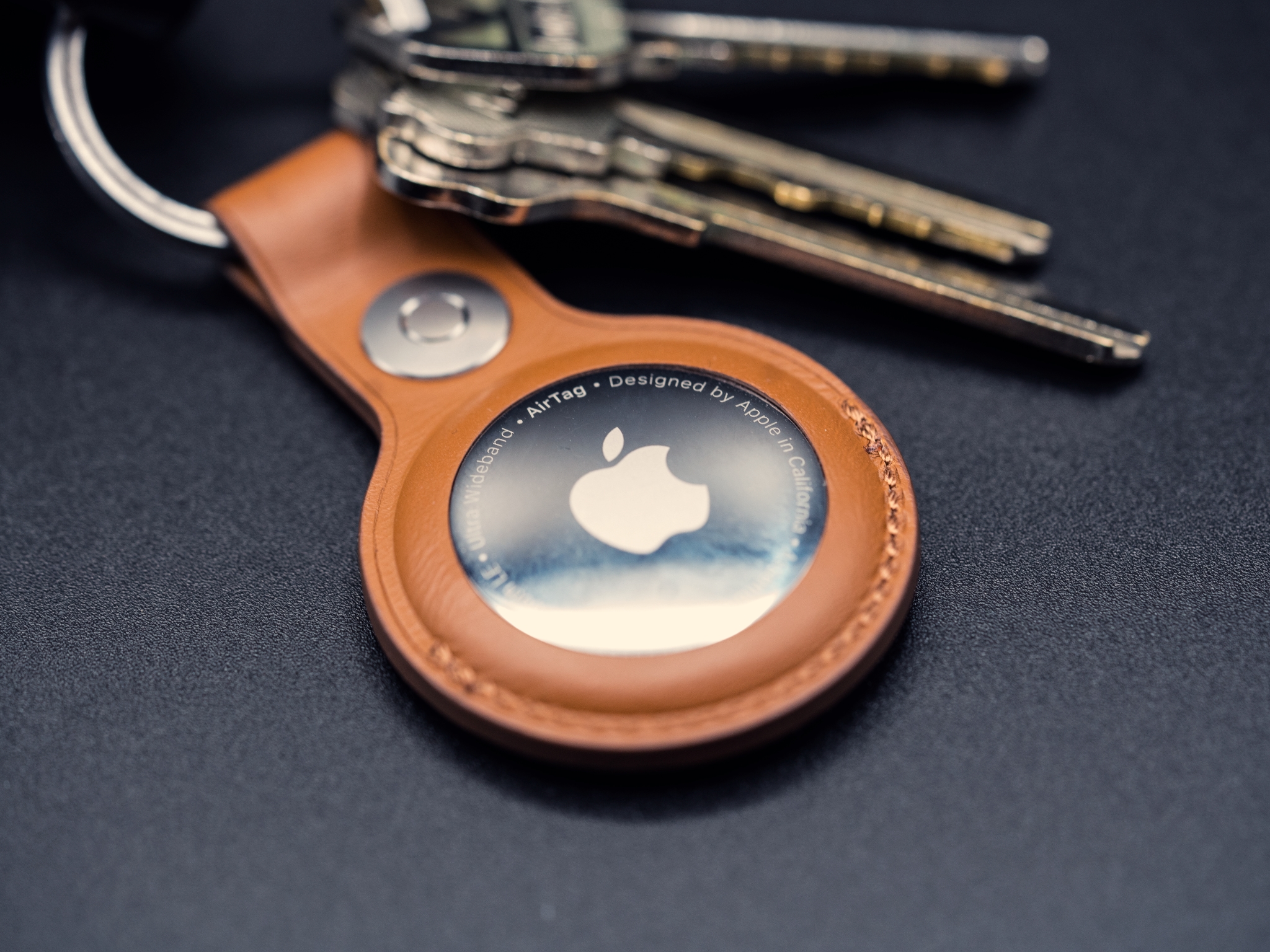
After what seemed like forever, Apple's AirTag is now available for all. AirTags are Apple's little item trackers, helping you make sure you don't lose important objects like keys, wallets, bags, backpacks, and so much more. But Apple wants to make it clear that AirTag was meant to specifically track items, not people or even pets (though you technically could at your own risk).
AirTag isn't the only item tracker on the market, either. You have competition from Tile with the Tile Mate and Tile Pro, and even Chipolo with the Chipolo One. However, one of the things that set Apple's AirTags apart is that Apple has implemented some anti-stalking features, while the competition has nothing on that front.
Still, while we can applaud Apple for even implementing some safety features with AirTags, there is definitely room for improvement, according to a review by The Washington Post.
So what's the problem with AirTag's safety features? A few things, actually. Let's dive in.
The audible alarm only starts to ring after three days
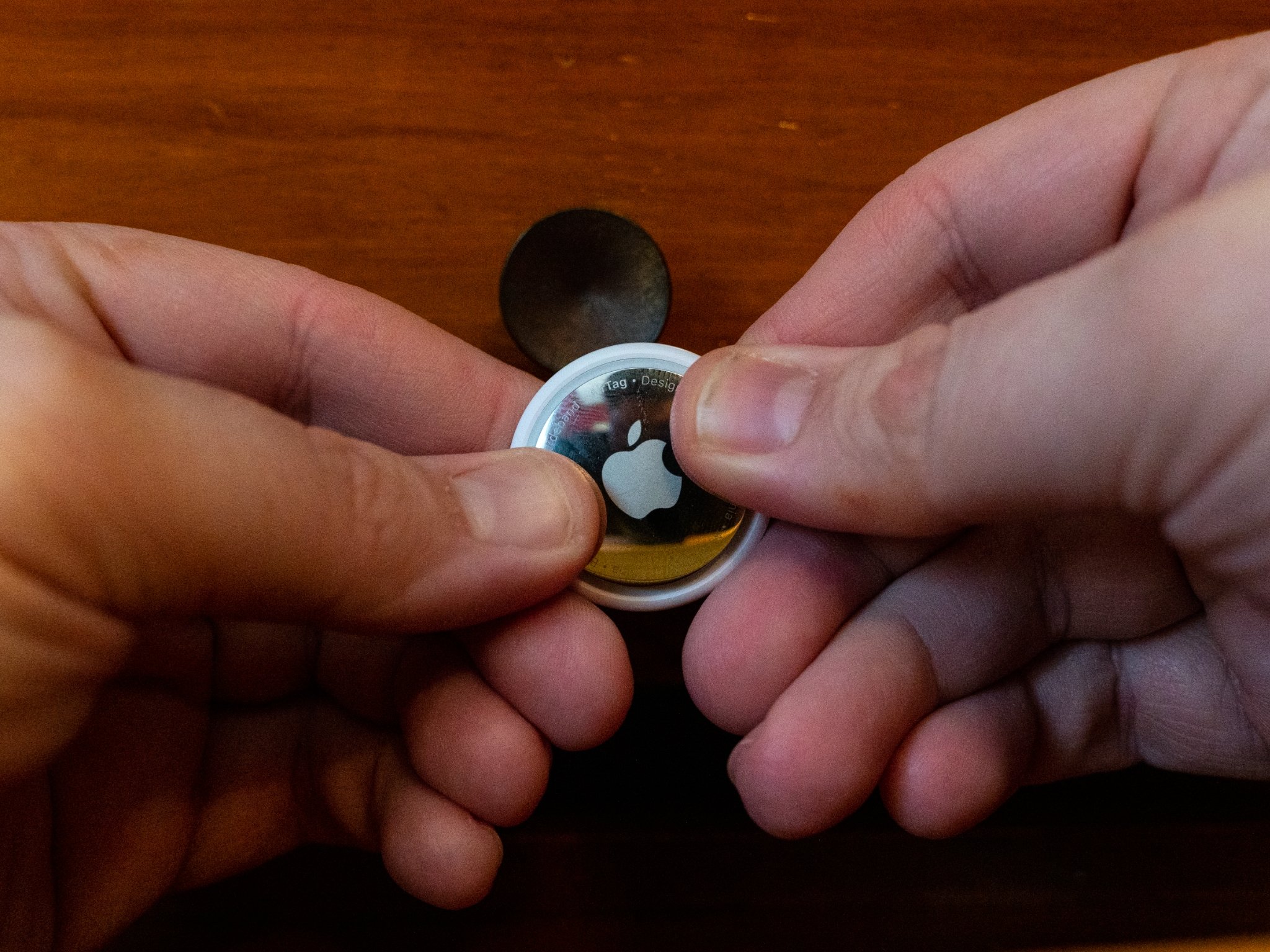
I haven't tested it myself yet, but from the report at The Washington Post, once an AirTag is separated from its owner, it will only begin to audibly ring after three days of separation. And once the AirTag starts ringing, which is around 60 decibels (not very loud), it only continues to ring for 15 seconds before going silent for a few hours. After which, it rang for another 15 seconds. And let's be honest — 60 decibels is not very loud (that's about how loud an average conversation between two people is). It can easily be muffled by putting pressure on the white plastic cover, where the speaker is embedded. If the AirTag is covered up by something, then the victim may not even be able to hear it at all.
Now, if you didn't figure it out yet, three days is a lot of time for someone to stalk someone else. And the three-day countdown only works when that AirTag is separated from the owner — if the person lives with the stalker (unfortunate but true scenario), then that countdown will be reset each time they return home, rendering it essentially useless.
Apple's Vice President of iPhone Marketing, Kaiann Drance, has stated that this three-day window exists because the company was weighing how these audible alerts may disturb users who are simply borrowing a family member's backpack or just leave an item behind. Apple wants to balance how the alerts are going off with unwanted tracking.
iMore offers spot-on advice and guidance from our team of experts, with decades of Apple device experience to lean on. Learn more with iMore!
Even though it's great that Apple even added in these safety features at all compared to the competition, there can definitely be some improvements. Perhaps the time for the audible alert could be cut down from 72 hours to something more sensible, like 12 hours or something shorter? Since the countdown resets whenever the AirTag is reunited with the owner, that may work better. And this may be a hardware issue, but the alert should definitely be louder than 60 decibels if it should be getting the victim's attention.
Only iPhones get the "AirTag Found Moving With You" alert
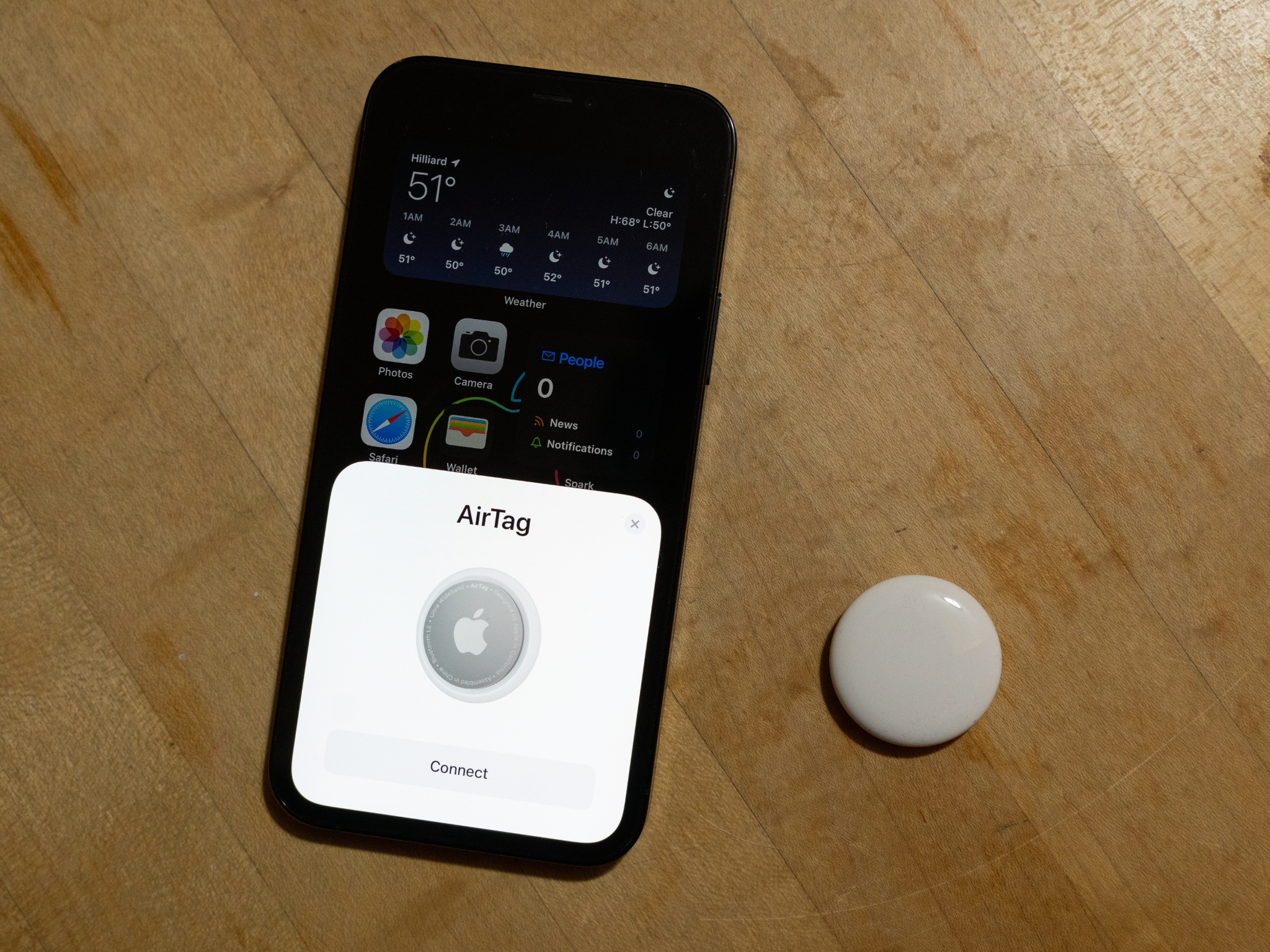
While the audible alert from the AirTag only seems to activate after three days of separation from the owner, there's another way that you can be alerted to an AirTag that isn't yours following you around, but this only works if you have an iPhone 6s or newer. The big problem with this is, well, what about the people who don't use an iPhone?
If someone plans to use an AirTag to stalk someone else and the victim doesn't have an iPhone, then they'll never know that they're being followed. While Android users who find an AirTag in Lost Mode can use built-in NFC to get the AirTag back to the owner, there is no such way to determine that there's an AirTag on you if you're using Android. This is a big security flaw, and at the moment, it seems that the only way to rectify this is, well, to buy the best iPhone, which isn't a great solution at all.
Considering that half the population (or more) uses Android, not having some way to notify Android users that they're being followed with an AirTag is a big security flaw. Apple needs to consider integrating some kind of notification system with Android devices if they want to go all-in to make sure that AirTags can't be used to stalk others. After all, Apple and Google did work together to launch COVID-19 Exposure Notifications last year, so it isn't too far fetched for these tech giants to work together again for anti-stalking measures with AirTags, right?
Having an iPhone doesn't help you precisely find a hidden AirTag
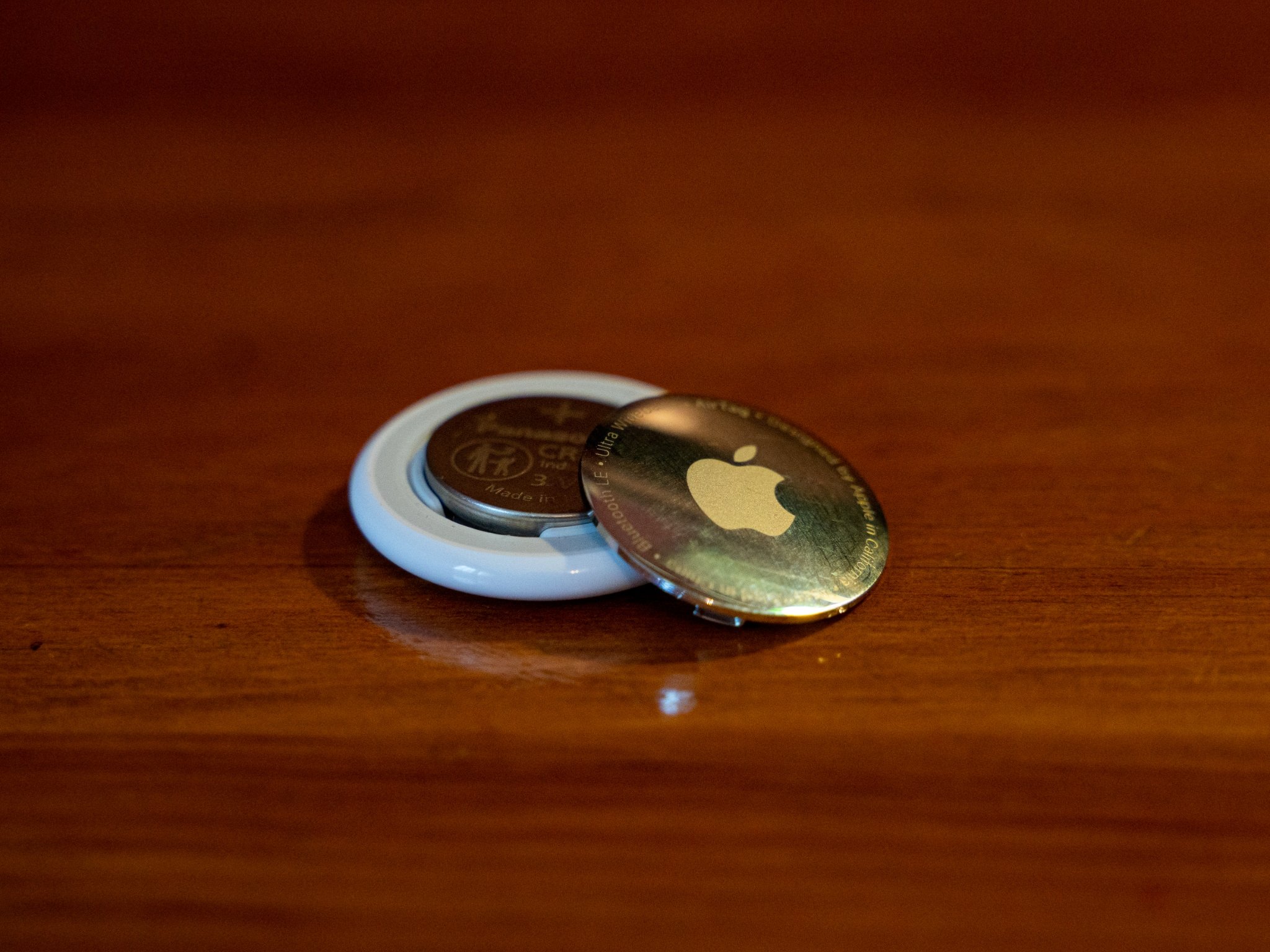
And even if you have an iPhone 6s or newer and get the "AirTag Found Moving With You" alert we just talked about, it's not perfect. Yes, the alert is hard to miss since it pops up on your iPhone. After a few hours, it should show up due to your iPhone's Bluetooth connection constantly looking for AirTags within the vicinity. It will notice when there's an AirTag that has been traveling with you that is also separated from its owner.
If you tap on this alert, it should launch the Find My app, with the screen informing you that "the owner can see your current location of this AirTag." You can then see a map with all of the places you've traveled to with this hidden AirTag. From there, Find My will let you know how to temporarily silence the alert or even disable the AirTag simply by removing the battery.
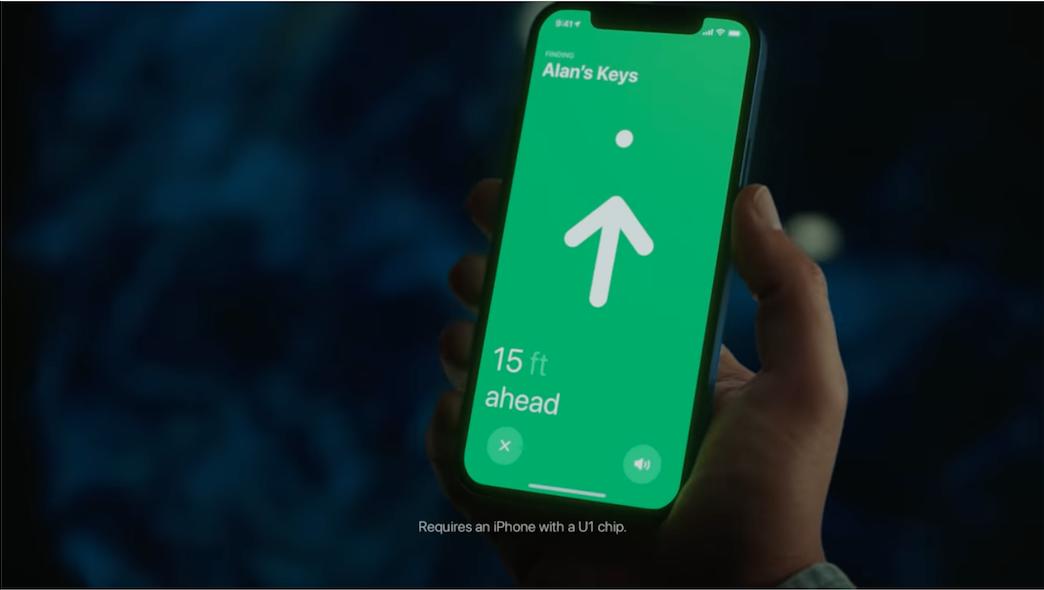
But if you're wondering where the AirTag is on you, well, that's going to be a more difficult task. A button lets you play a sound from the covert AirTag to help you locate it, but this may not always work 100% of the time, depending on external factors like range and wireless interference. And the Precision Finding feature that's available for iPhone 11 and iPhone 12 owners is not available for locating unknown AirTags, unfortunately. This is a shame because victims should have access to these features to help them locate and remove the unwanted AirTag.
One more thing that is a dangerous security flaw is that there is an option in the Find My app to disable all of the "item safety alerts," and it doesn't require entering a PIN or password. Think about it — if someone is in an abusive relationship, they may not have complete control over their electronics. The abuser could simply go into the victim's phone and disable all of these alerts, making them completely unknown to the fact that they are being followed all day long.
What are your concerns about AirTag's safety features?
As much as I like my AirTags so far, there is no doubt some concern revolving around AirTag's safety features, at least in its current state. I hope that some of these issues can be rectified in the future by a simple firmware update, but I'm afraid that some other things, such as the audible alert volume, may need a hardware revision to fix.
Still, it's great that Apple has any preventative measures in place at all, considering that competitors like Tile don't have anything to compare. But of course, like the first iteration of many Apple products, there will always be room for improvement.
What are your thoughts on the current state of AirTag's safety features? Let us know in the comments!

Christine Romero-Chan was formerly a Senior Editor for iMore. She has been writing about technology, specifically Apple, for over a decade at a variety of websites. She is currently part of the Digital Trends team, and has been using Apple’s smartphone since the original iPhone back in 2007. While her main speciality is the iPhone, she also covers Apple Watch, iPad, and Mac when needed.
When she isn’t writing about Apple, Christine can often be found at Disneyland in Anaheim, California, as she is a passholder and obsessed with all things Disney, especially Star Wars. Christine also enjoys coffee, food, photography, mechanical keyboards, and spending as much time with her new daughter as possible.
